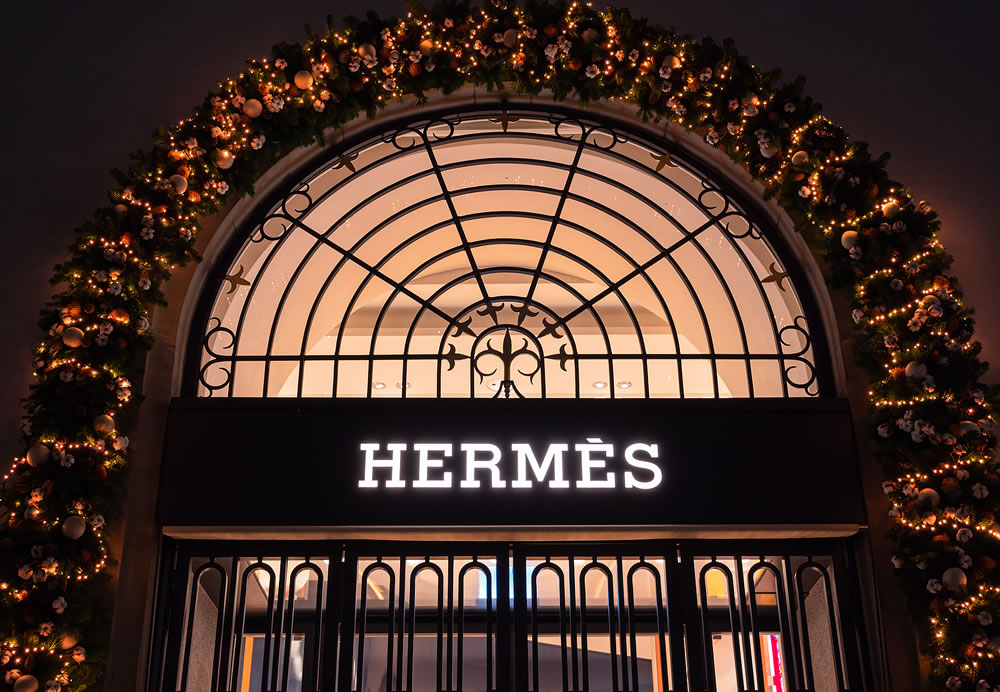Gaming has historically been seen as a pastime that is more egalitarian than many other forms of leisure, though it has never benefitted from having a reputation as a luxury pursuit. Despite this, the range of people who play video games is far-reaching, and now, across all forms of gaming, be it console games, online casino games, or even board games, the luxury industry is moving in.
Some of the most exclusive brands in the world are making their own inroads into gaming, which is why game developers are working overtime to appeal to a demographic that is receptive to luxury. Let’s take a closer look at exactly how luxury is transforming gaming.
Games for the 1%

One of the most talked-about trends within the growing market for luxury games is the development of new games by major luxury brands. Despite only emerging a couple of years ago, the current list of games that fit that genre is almost too extensive to describe. There’s the Louis Vuitton Endless Runner mobile game, which adopts a 16-bit Street Fighter aesthetic as the player runs through the gilded streets of Manhattan to become a high-fashion god.
Meanwhile, the French pantheon of high-luxury Hermès recently released its own game, H-pitchhh, in which the player tosses horseshoes at targets in order to reveal different facts about the history of the brand (sounds riveting, we know).
More entertaining is the game released by the UK fashion house Burberry to celebrate its Lunar New Year sale, Ratberry. In this online game, you play an incredibly chic rat, who you can dress up in all manner of Burberry clothing. In the original version of the game, those who collected the most points and advanced to the highest levels would win actual Burberry items, for free. If that’s not a reason to play, we don’t know what is.
Luxury-themed gaming

While luxury brands are starting to break into the gaming industry for marketing purposes, this is only one small part of the wider picture. Much more consequential is the move by many different types of game developers to luxury themes and aesthetics.
This can be seen in video gaming, where players of popular titles such as GTA Online or The Sims measure their success in terms of the mansions or supercars they can accrue. Meanwhile, high-concept games such as Max Payne 3 or Sunset, where you play a cleaner in a dictator’s penthouse, both offer ruminations on the nature of wealth and excess.
The trend can also be seen in a more light-hearted way in the online real-money gaming genre, which includes online games such as bingo or slots. For example, the Luck & Luxury online slot, which you can play for free by claiming the bingo promotions at Buzz Bingo, puts you into the shoes of a Manhattan heiress.
As you spin the reels for a cash prize, you’ll navigate a world of high-end clothes, caviar, lobster, and jewels. That this is one of the most popular games on a major online casino platform says a lot about what appeals to players these days.
Boutique board games

It’s not just digital games that have gone all-in on the luxury trend. This can also be seen in the board game industry. In recent years, board games have come back into vogue, to the point where they now represent a booming multi-billion-dollar a year market. Sensing an opportunity, some of the world’s most prestigious luxury brands have moved in.
For example, the uber-pricey department store Harrods now stocks a massive range of exclusive board games from major luxury labels. There’s a £4,000 backgammon set from Prada, a £5,000 mah-jong set from Brunello Cucinelli, and a £2,000 draughts board from Cartier. Who knew these rainy-day games were the latest status symbol?
Luxury, and our collective desire for the finer things in life, are leaving a mark on gaming in myriad ways. Whether this trend will become long-term or fizzle out in the near future remains to be seen, but we’re paying close attention.






















